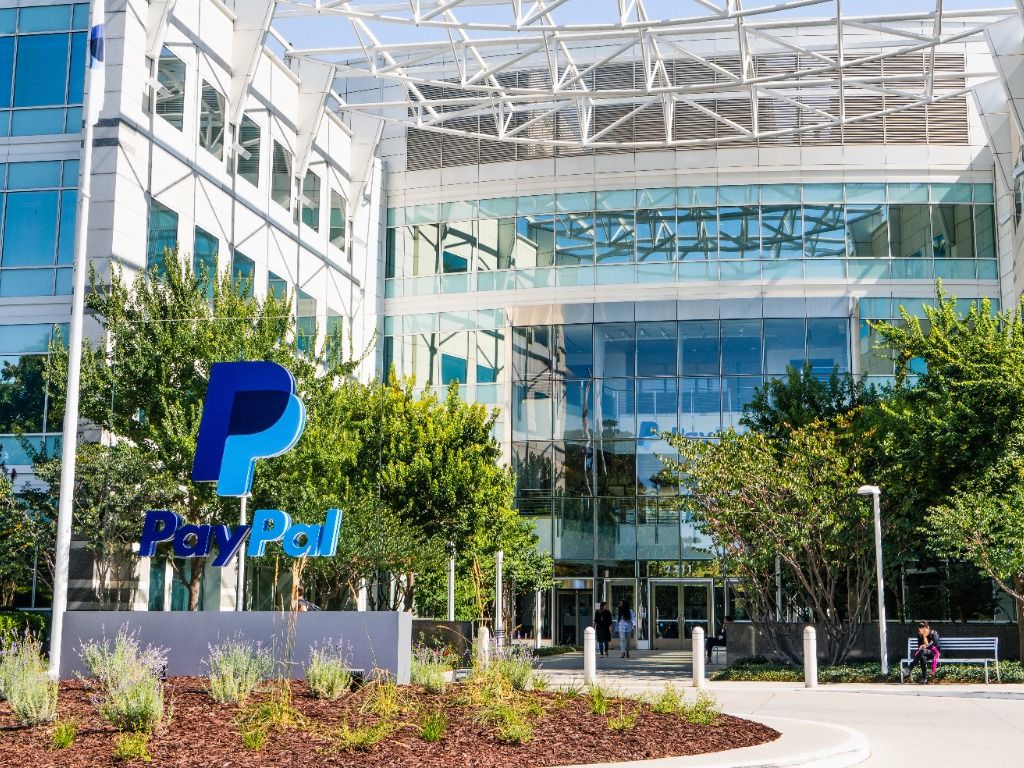In a significant milestone for digital currencies, PayPal Holdings Inc. (NASDAQ: PYPL) has successfully executed its first business payment using its proprietary stablecoin, PYUSD, launched in August 2023.
The transaction, which took place on September 23, 2024, involved the payment of an invoice to multinational accounting firm Ernst & Young LLP. This move aims to showcase the practicality and efficiency of using stablecoins for commercial transactions, signaling a new era in the world of digital payments.
Leveraging digital currencies for business transactions
PayPal’s transaction was facilitated through SAP’s digital currency hub, an enterprise-level platform that allows for instant digital payments around the clock.
While the amount of the invoice paid remains undisclosed, the significance of the transaction is clear.
The funds were deposited into Ernst & Young’s Coinbase Prime account, highlighting the growing intersection of traditional finance and the burgeoning crypto landscape.
In a statement issued through Coinbase, PayPal’s Director of Market Development Steve Everett said, “Business-to-business payments are ripe for innovation, and digital currencies can provide incredible value in these use cases.”
Stablecoins, such as PYUSD, are designed to maintain a one-to-one value with traditional currencies like the US dollar. While discussions around stablecoins often focus on consumer applications, PayPal’s recent business payment emphasizes their utility in the enterprise environment.
According to Jose Fernandez da Ponte, PayPal’s senior vice president of its blockchain, cryptocurrency, and digital currency group, “The enterprise environment is very well-suited for it. It’s a very rational conversation to have with the CFO.”
This sentiment reflects the increasing recognition of stablecoins as viable solutions for improving the often-clunky process of commercial transactions.
Paypal expanding its digital currency presence
Despite a recent decline in its market capitalization, which is now approximately $716 million, PYUSD continues to pave the way for the adoption of stablecoins in business-to-business transactions.
Although PYUSD’s market cap is considerably low compared to established stablecoins like Tether (USDT) and Circle’s USDC, which have market caps in the tens of billions, PayPal’s initiatives illustrate a commitment to expanding its digital assets arm.
Recently, the company announced plans to allow US business customers to buy, sell, hold, and transfer cryptocurrencies, further integrating digital assets into everyday business operations.
With the crypto industry still navigating the aftermath of high-profile collapses like FTX, PayPal’s focus on established partners like SAP and Ernst & Young underscores a cautious yet optimistic approach to the adoption of digital currencies.
“PayPal, SAP, EY – those are names that are very, very well-established,” Fernandez da Ponte noted, suggesting that collaborations with reputable partners could bolster confidence in stablecoin-enabled business payments.
As PayPal continues to explore innovative solutions in the digital payments space, its successful business transaction using PYUSD is a testament to the growing acceptance and utility of stablecoins in modern commerce.
The post PayPal completes first business payment using PYUSD stablecoin appeared first on Invezz
